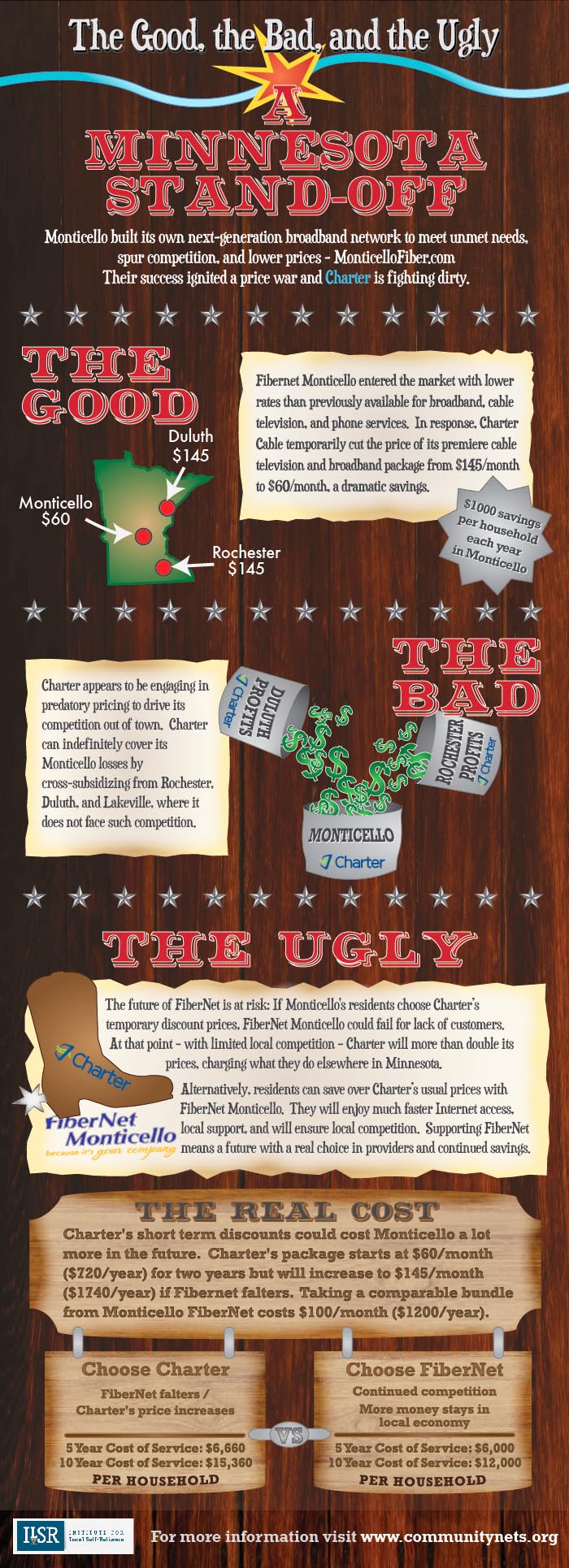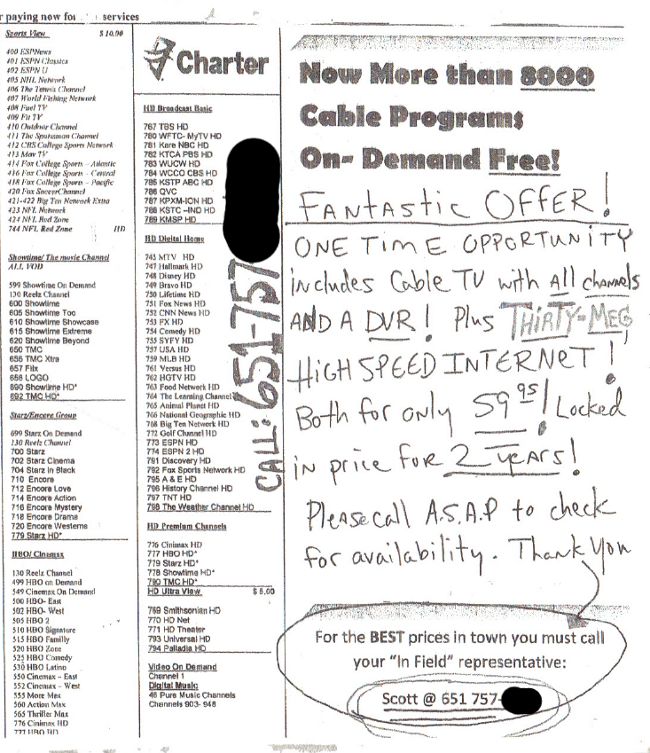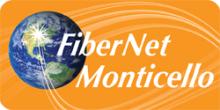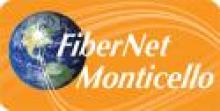Fast, affordable Internet access for all.
monticello
Content tagged with "monticello"
Coin-Operated Hypocrisy In Action: A Case Study in Monticello
- There just isn't enough time.
- They are really, really ignorant. Their papers and posts are so filled with errors in basic fact, it would take a LOT of time to correct them - which brings me back to point 1. (Nonetheless, they are influential because the lobbyists of the companies that fund them distribute their propaganda throughout the capitol that they appear to actually live in.)
- Mentioning them can legitimize them.
Monticello Moves Closer to Settlement with Bondholders
What if FiberNet Monticello Had Been Canned in 2008?
Gigabit Squared, Monticello, and Next Generation Networks
A Closer Look at FiberNet Monticello
City administrator Jeff O'Neill said that the city has no intention of abandoning FiberNet's 1,700 customers, including about 130 businesses. "This system isn't going anywhere," he said. "We're not going out of business." Despite the problems, he said the city has one of the fastest Internet systems in the country that has driven down prices and improved services by providing competition.The article also notes that prior to the City-owned network, the telephone company (TDS) provided very poor DSL service that was harming area businesses with slow and very unreliabile phone and broadband services. Without FiberNet Monticello, we don't know how many businesses would have been forced to relocate to be competitive in the digital economy. We decided to dig a little deeper to get a sense of what Monticello has received for its investment and difficulty. We previously examined the prices charged by Charter cable in town and found that households taking that deal were saving $1000/year.
 We also noted that Charter was almost certainly engaging in predatory pricing. After talking with other networks, we would guess that Charter is losing between $30 and $50 (conservatively) per subscriber per month.
We also noted that Charter was almost certainly engaging in predatory pricing. After talking with other networks, we would guess that Charter is losing between $30 and $50 (conservatively) per subscriber per month.HBC Steps Down from Managing FiberNet Monticello
Charter Fights Dirty to Kill Competition in Monticello
 Download a higher resolution PDF here.
Charter has taken a package for which it charges $145/month in Rochester, Duluth, Lakeville, and nearby Buffalo (MN) and is offering it for $60/month - price guaranteed for 2 years. A Monticello resident supplied us with this flyer, which this person had received multiple times at their home over the course of a month. (See below for the full flyer).
Download a higher resolution PDF here.
Charter has taken a package for which it charges $145/month in Rochester, Duluth, Lakeville, and nearby Buffalo (MN) and is offering it for $60/month - price guaranteed for 2 years. A Monticello resident supplied us with this flyer, which this person had received multiple times at their home over the course of a month. (See below for the full flyer).
 This is either predatory pricing or the cable industry is out of control with its rate increases. If that package costs Charter more than $60/month to supply, then it is engaging in predatory pricing to drive competitors out of the market. Consider that Charter may be taking a loss of $20/month ($240/year) from each household that takes this offer.
This is either predatory pricing or the cable industry is out of control with its rate increases. If that package costs Charter more than $60/month to supply, then it is engaging in predatory pricing to drive competitors out of the market. Consider that Charter may be taking a loss of $20/month ($240/year) from each household that takes this offer.Monticello FiberNet Attempts to Adapt Business Plan
“It stopped us from really building the system by about a year,” said Finance Director Tom Kelly, “which put our revenue collections about a year behind.
To communities that seize broadband initiative, benefits flow fast
On November 29, 2010, MPR published our commentary about community broadband. The Twin Cities has slower and more expensive broadband Internet than the nearby town of Monticello. The Twin Cities metro area has a population of 2.8 million and the highest density of people and businesses in the state. So why is our broadband Internet slower and more expensive than that enjoyed by Monticello, population 12,000? Several years ago, the city of Monticello (45 miles northwest of Minneapolis) recognized the increasing importance of reliable, high speed, low cost broadband. After the incumbent telephone and cable companies declined to build the network city leaders had in mind, the community decided to build one itself. Now, FiberNet Monticello offers some of the best broadband packages available in the country, while the Twin Cities is lagging. A new analysis by the Institute for Local Self-Reliance compares the available broadband speeds in Monticello to those available in the Twin Cities metro. In the metro, as in most of the United States, broadband subscribers choose between DSL from the incumbent telephone company (Qwest) and cable broadband from the incumbent cable company (Comcast). Monticello's offerings are faster at every price point, but Comcast appears to offer comparable downstream speeds in the highest tier of service. This apparent equivalence, however, is like comparing dirt roads with interstates. Both are roads that allow you to travel from point A to B, but they have fundamentally different characteristics in carrying capacity and reliability. For a variety of reasons, DSL and cable almost always fall short (and often, well short) of the advertised "up to" speeds, whereas full fiber networks regularly achieve the speeds they promise. In the metro, cable offers most residents the fastest option for broadband, but only one choice of provider. The Monticello network not only created a new choice for its residents, it induced the incumbent telephone company to greatly upgrade its network to remain competitive. Now, Monticello residents can choose between two extremely fast broadband providers, as well as a cable internet connection. The community-owned network may have only been the third broadband option, but it fundamentally changed the market.






